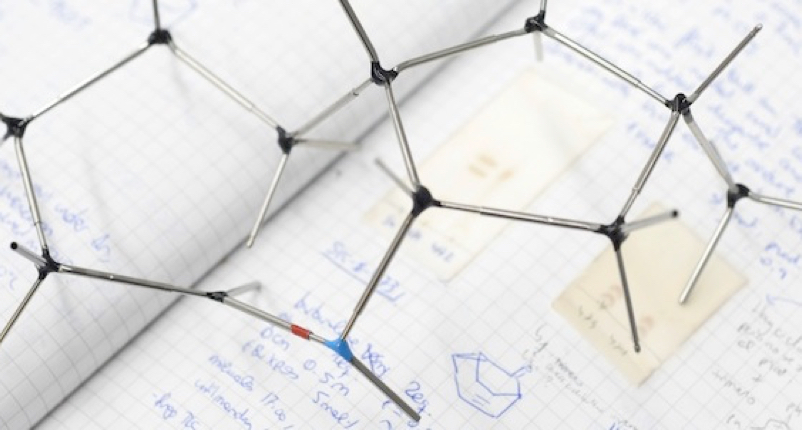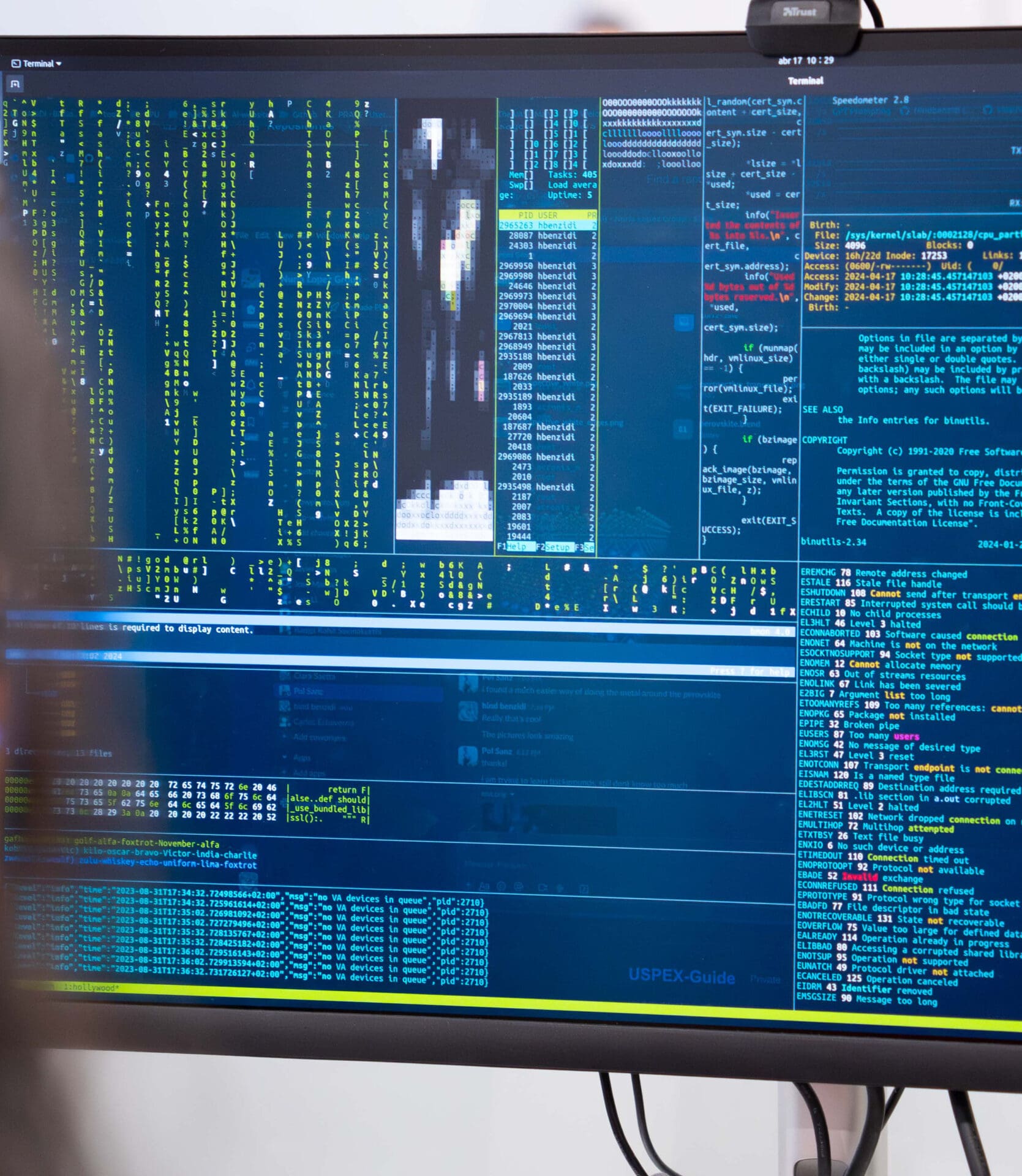Water electrolysis
Electrochemistry has the potential to sustainably transform molecules with electrons supplied by renewable electricity. It is one of many solutions towards a more circular, sustainable and equitable society. To achieve this, collaboration between industry and research laboratories is a must. Atomistic understanding from fundamental experiments and modelling can be used to engineer optimized systems whereas limitations set by the scaled-up technology can direct the systems studied in the research laboratory. In this Primer, best practices to run clean laboratory-scale electrochemical systems and tips for the analysis of electrochemical data to improve accuracy and reproducibility are introduced. How characterization and modelling are indispensable in providing routes to garner further insights into atomistic and mechanistic details is discussed. Finally, important considerations regarding material and cell design for scaling up water electrolysis are highlighted and the role of hydrogen in our society’s energy transition is discussed. The future of electrochemistry is bright and major breakthroughs will come with rigour and improvements in the collection, analysis, benchmarking and reporting of electrochemical water splitting data.

Shih, A.J.; Monteiro, M. C. O.; Dattila,F.; Pavesi, D.; Philips, M.; da Silva, A. H. M.; Vos, R.E.; Ojha, K.; Park, s.; van der Heijden, O.; Marcandalli, G.; Goyal, A.; Villalba, M.; Chen, X.; Gunasooriya, G. T. K. K.; McCrum, I.; Mom, R.; López, N.; Koper, M. T. M.
Nat Rev Methods Primers 2022, (84),
DOI:
10.1038/s43586-022-00180-0

Let's create a brighter future
Join our team to work with renowned researchers, tackle groundbreaking
projects and contribute to meaningful scientific advancements




















